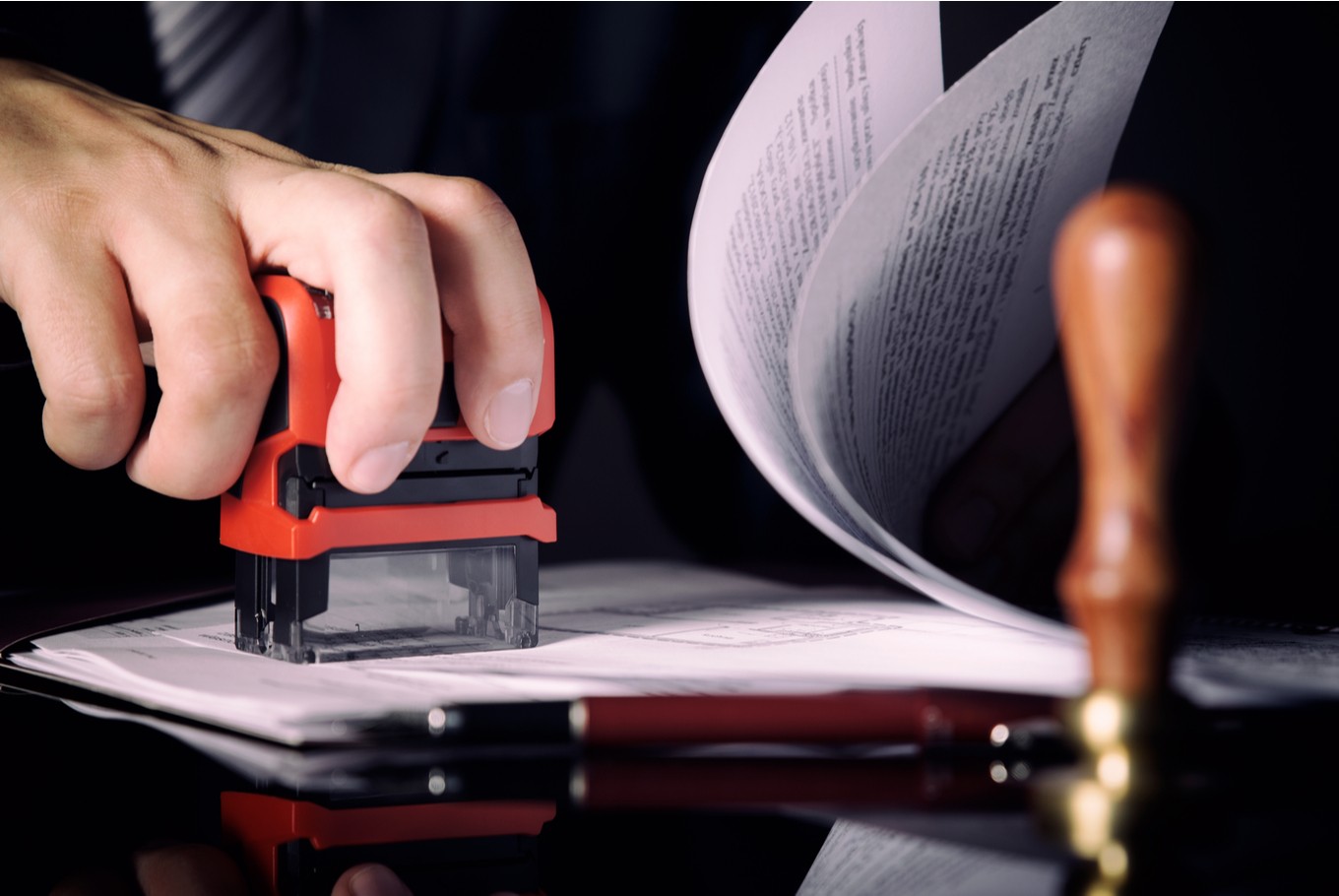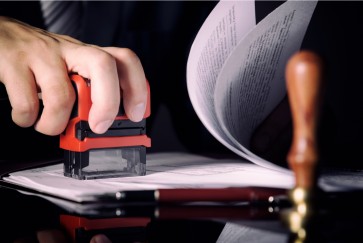Popular Reads
Top Results
Can't find what you're looking for?
View all search resultsPopular Reads
Top Results
Can't find what you're looking for?
View all search resultsDigital deeds in disruptive technology
Indonesia is considered to have the highest number of notaries among civil law countries. With this hidden potential, how can an electronic deed be able to provide legal certainty for investors in digital disruption?
Change text size
Gift Premium Articles
to Anyone
T
he notion of whether authentic deeds made traditionally can be maintained or replaced with digital deeds (electronic deeds) became an important issue in the 29th International Congress of Notaries in Jakarta this year.
In civil law (Latin law) countries, authentic deeds serve as evidence that can be submitted before the court. Involving 88 civil law country members, the congress will focus on the influence of Industry 4.0 on clerical work amid the rapid changes in the way of doing business in Indonesia.
In the process of improving our ease of doing business (EODB) rank, the role of the notary has evolved to not only making authentic deeds for businessmen and investors but also being one of the government’s public relations tools in the accomplishment of business ease in this country. Indonesia is considered to have the highest number of notaries among civil law countries. With this hidden potential, how can an electronic deed be able to provide legal certainty for investors in digital disruption?
An authentic deed must be made (by a notary) in the traditional way. The traditional method refers to requirements, such as the presence of business owners or clients, the process of reading out the entire contents of the deed and closed by signing the deed by clients, notary and witnesses.
Since it first emerged more than a decade ago, the notion of electronic legal documents has been accommodated into Law No. 11/2008 as amended by Law No. 19/2016 — the Electronic Information and Transactions (ITE) Law. The regulation of electronic signature use on legal documents opened the discourse of the application of electronic signatures to transform an authentic deed into a digital one. This is a challenge for practitioners who still adhere to the traditional principle of authentic deeds. Nevertheless, while the ITE Law still limits the enactment of electronic signatures for notarial deeds or deeds made by deed officials, the impact of Industry 4.0 on clerical work is inevitable.
The judge has the obligation to use authentic deeds as a legal witness in a trial if needed. A deed acts as strong evidence to guarantee legal certainty for the parties in the deed. Unlike common law countries, which only require the ratification of documents (called legalization in Indonesian provisions), authentic deeds are documents that are kept as state archives.
Unfortunately, the basic principles of authentic deeds that are traditionally made will continue to experience great pressure by shifting to a more simplistic yet modern electronic form.


















